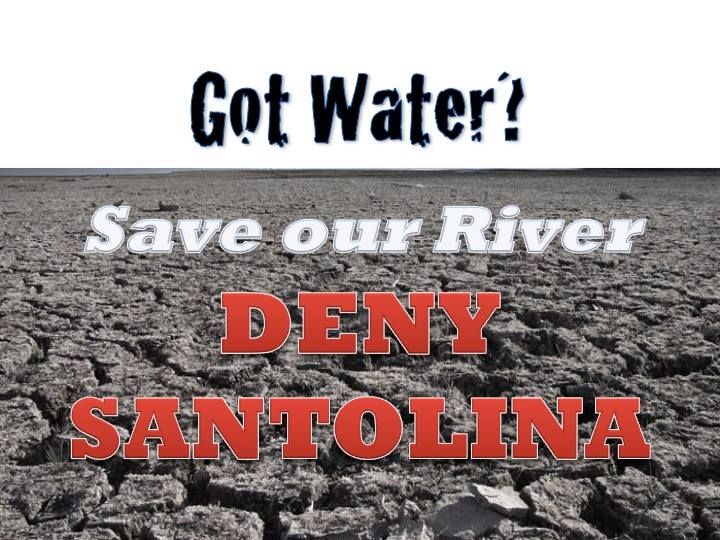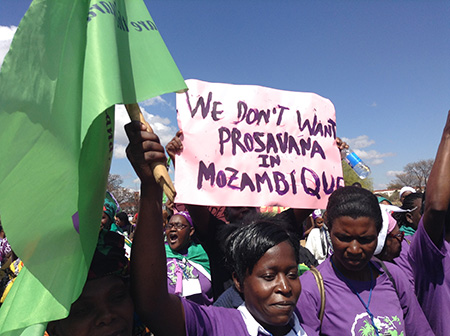By Claire Flanagan

Over the past few days, here at the World Social Forum, many of us on the GGJ delegation have been attending and co-organizing events around the World March of Women. The World March of Women is a global, anti-capitalist, anti-patriarchal network that seeks to reclaim feminism, and fight for dignity and self-determination for women worldwide.
The World March of Women has four areas of focus: War and Militarism; Climate, Nature and The Commons; Violence Against Women; and Women and Work. But I want to explore one in particular–Climate, Nature and The Commons. We hear a lot about climate and nature in our everyday lives, but over the past few days I’ve heard a few people ask what is meant by “the commons.”
The commons often refers to communally held natural resources like land, air, water, forests, and seeds. Though it can also include things like the internet, music, the streets, our homes, and public parks and plazas. Looking at history, we can see that a critical aspect of the formation of capitalism was the division of commonly held resources, specifically land. And the expansion of capitalism, to this day, is accompanied by division of the commons–often through privatization and development projects.
In Europe in the 15th, 16th and 17th centuries, the upper class was struggling to contend with resistance to and the breakdown of feudalism. An essential part of the early development of capitalism was the Enclosure Movement–a set of strategies of the upper class to re-establish control by increasing wealth and land holdings through eviction of peasant communities and coerced selling of what had been communal lands. Cutting communities off from communal land forced peasants from subsistence agriculture and into the gendered wage economy.
Simultaneously, Europeans were using ideas of private property and strategies of division of common lands to justify the seizure of territory, the theft of resources, and the genocide of peoples throughout Africa and the Americas. This particularly affected women, who faced new forms of patriarchy and gender violence under colonialism.

The destruction of the commons has continued over the past 500 years. In 1994, the North American Free Trade agreement required Mexico to change Article 27 of its’ constitution, eradicating the ejido system–a traditional system of commonly held land and the basis of many rural communities. This was a major factor in the devastation of corn farming in Mexico which forced millions off their lands and into a wage economy full of exploitation, poverty-wages, and unemployment.
Throughout this history, the division of the commons has had particularly devastating impacts on women, who are often excluded from the formal wage economy and whose contributions to the family and community are not seen as real ‘work’ under capitalism. Thus putting women in a position of increased poverty, dependence on men, isolation from other women, and alienation from themselves and nature.
As our communal lands have been forcefully divided and peoples are driven into the capitalist wage economy–it has been put on women to absorb the impacts and sustain our families and our communities. In this subordinate position, women in particular are expected to fill in the gaping holes left by the loss of communal land, and the community that was built around it, with their bodies, their hearts, and their labor.
Today, communities across the world continue the fight to defend the commons, with women at the forefront. In

New Mexico, GGJ member organization SouthWest Organizing Project is fighting a development project that would leach 20 million gallons of water per day of local water. And in Mozambique, the local World March of Women chapter is engaged with a campaign against a mega-development project called ProSavana which aims to turn 14.5 million hectares of land currently held by communities and small-scale farmers into industrial agriculture for export.
For over 500 years, debates and efforts to defend and expand the commons have been at the heart of our movements for justice, dignity and self-determination. The commons are both a site of struggle and a source of power. The division of community and community held resources has always been a central aspect of the development and expansion of capitalism. Thus the defence and reclamation of the commons must be a central part of the destruction of capitalism and our transition to an economy for people and the planet.
